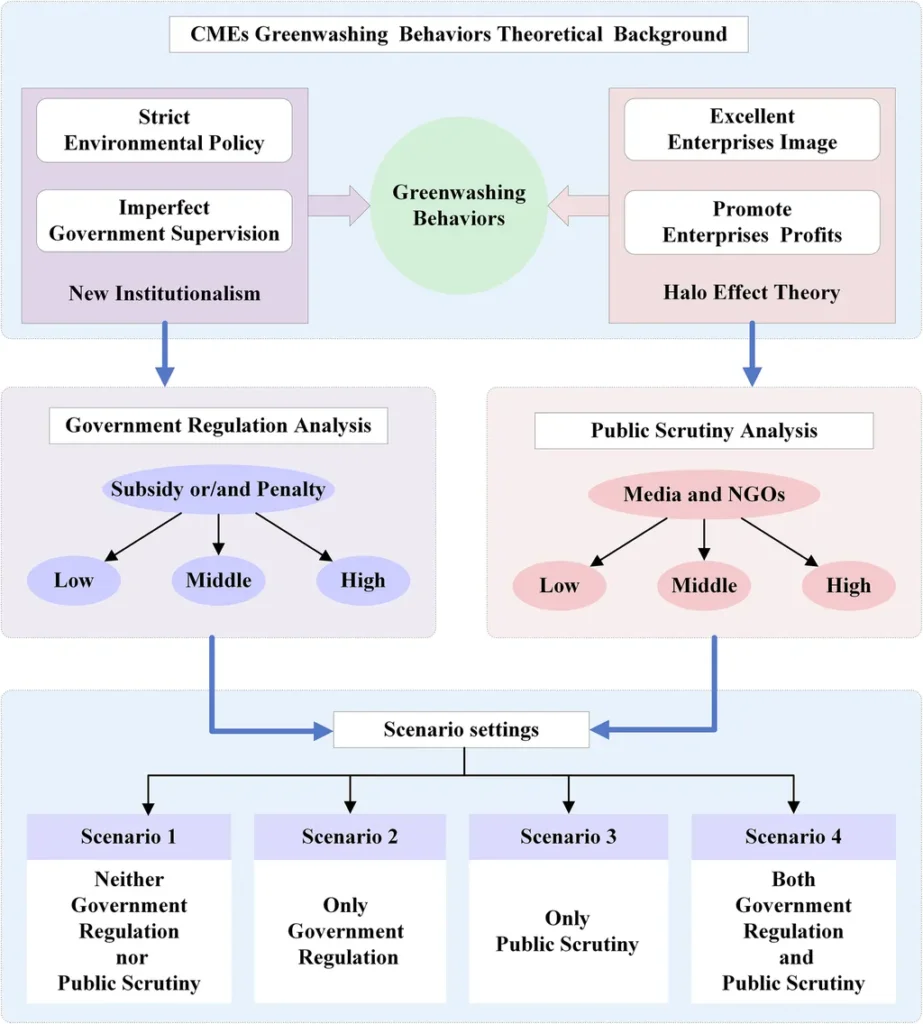In the quest for sustainable construction, green building materials are a cornerstone, yet the industry grapples with a pervasive issue: greenwashing. This deceptive practice, where companies falsely claim their products are environmentally friendly, undermines trust and hampers genuine progress. A recent study published in *Systems* (translated as “Systems”) by Zihan Li of the College of Architecture and Urban–Rural Planning at Sichuan Agricultural University sheds light on this challenge, offering insights that could reshape the future of the building materials sector.
Li’s research employs an evolutionary game theory approach, incorporating the behavioral assumptions of prospect theory to model the strategic interactions between building material enterprises and certification institutions. This innovative framework captures the real-world decision-making processes of these actors, considering factors like bounded rationality, loss aversion, and diminishing sensitivity.
The findings reveal three key evolutionarily stable strategies (ESS). First, Li discovered that a higher initial willingness to engage in ethical practices among both enterprises and certifiers increases the likelihood of achieving an optimal and stable outcome. “This suggests that fostering a culture of integrity from the outset can significantly impact long-term sustainability goals,” Li explains.
Second, the study highlights that a greater degree of diminishing sensitivity in the value function promotes the adoption of authentic green behavior by enterprises. Conversely, a lower degree of diminishing sensitivity encourages certification institutions to refrain from collusion. This nuanced understanding of behavioral dynamics can inform strategies to enhance transparency and accountability within the industry.
Third, while the loss aversion coefficient does not directly affect strategy selection, higher levels of loss aversion lead to stronger preferences for green behavior among enterprises and noncollusive behavior among certifiers. This insight underscores the importance of regulatory frameworks that address behavioral tendencies to mitigate greenwashing effectively.
The commercial implications of this research are substantial. For the energy sector, which is increasingly focused on sustainable construction practices, understanding and addressing greenwashing is crucial. By fostering a more transparent and accountable certification process, the industry can build trust and drive the adoption of genuinely sustainable materials. This, in turn, can lead to significant reductions in carbon emissions and contribute to broader environmental goals.
Li’s work not only provides a novel theoretical contribution but also offers actionable insights for policymakers and industry stakeholders. By integrating prospect theory into the analysis of greenwashing behavior, the study paves the way for more effective regulatory frameworks and certification standards. As the construction industry continues to evolve, these findings could shape future developments, promoting a more sustainable and trustworthy marketplace.
In an era where sustainability is paramount, Li’s research serves as a beacon, guiding the industry towards a future where green building materials are not just a marketing ploy but a genuine commitment to environmental stewardship.

